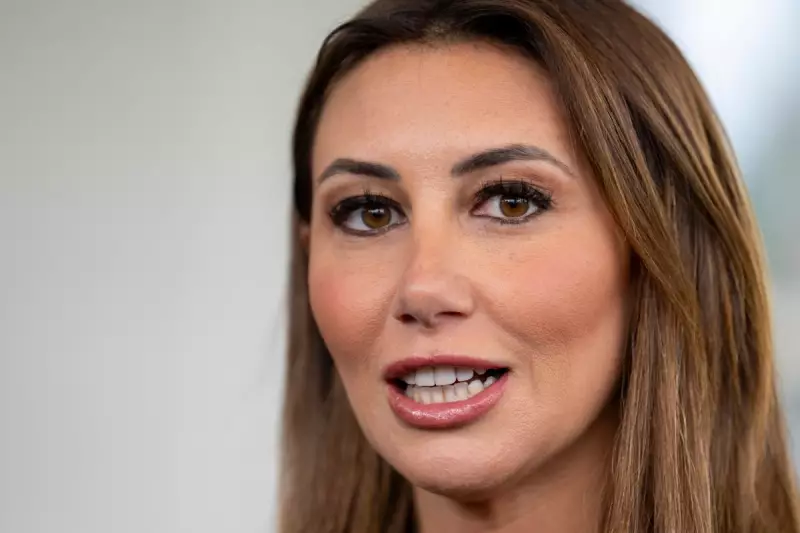
Alina Habba, a prominent attorney for former US President Donald Trump, is facing a formal disciplinary complaint filed with a New Jersey ethics committee. The grievance alleges that Ms Habba repeatedly made demonstrably false statements about the integrity of the 2020 presidential election.
The complaint, which could threaten her licence to practise law in the state, centres on her public assertions of widespread voter fraud—claims that have been consistently dismissed by courts and election officials across the United States.
Core of the Allegations
The New Jersey committee will examine whether Ms Habba's comments breached the state's Rules of Professional Conduct for attorneys. These rules expressly prohibit lawyers from engaging in conduct involving "dishonesty, fraud, deceit, or misrepresentation".
Central to the complaint are specific instances where Ms Habba, while acting in her capacity as a legal professional, publicly endorsed the baseless theory that the election was stolen from Mr Trump. Critics argue such statements, made without credible evidence, undermine public confidence in the electoral system and the legal profession itself.
Potential Consequences
If the committee finds merit in the grievance, the repercussions for Ms Habba could be severe. Potential outcomes range from a private reprimand to a public censure, mandatory ethics courses, or in the most serious scenario, suspension or even disbarment from practising law in New Jersey.
This move highlights the ongoing professional fallout for lawyers who aligned themselves with Mr Trump's efforts to challenge the 2020 election results. Several other attorneys have already faced sanctions from bar associations in other states for similar conduct.
The case puts a spotlight on the delicate balance between an attorney's right to free speech and their professional obligation to uphold the law and avoid spreading known falsehoods.





